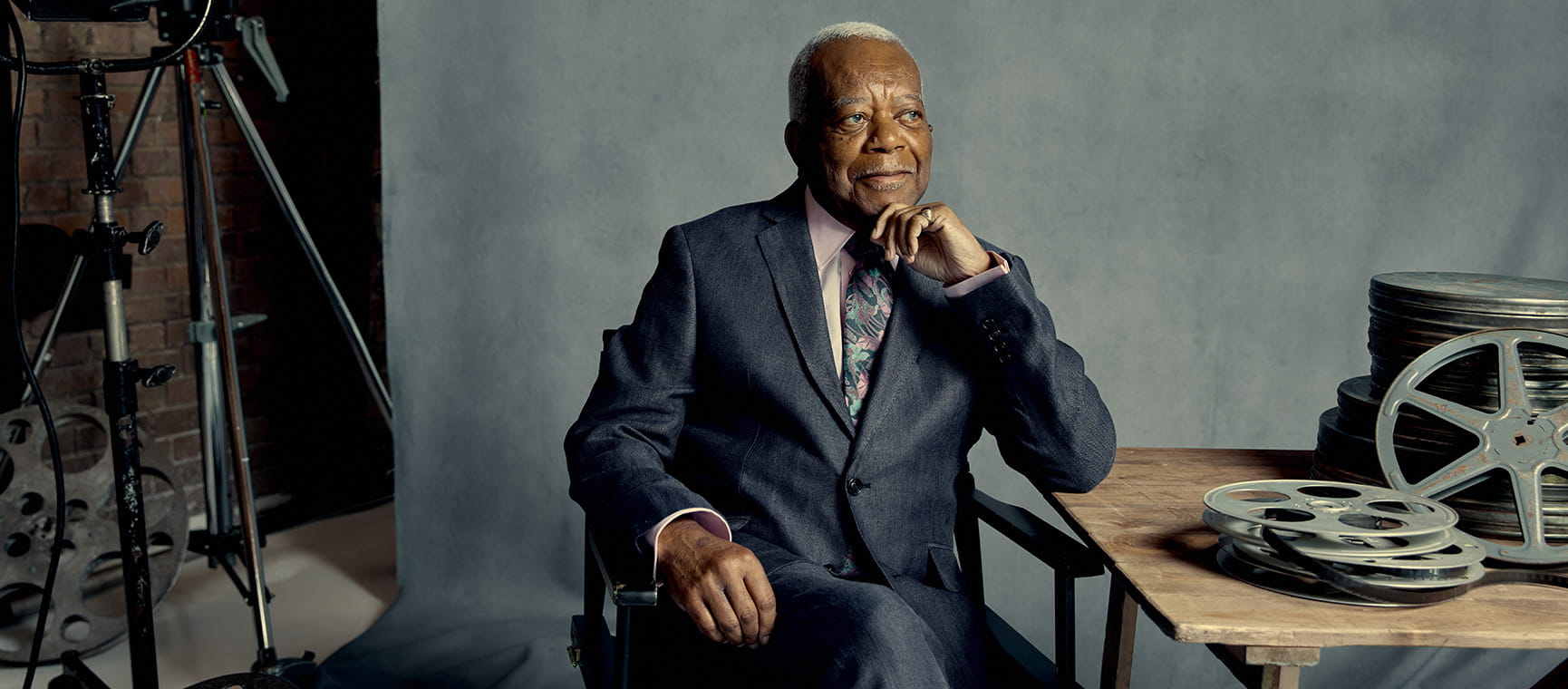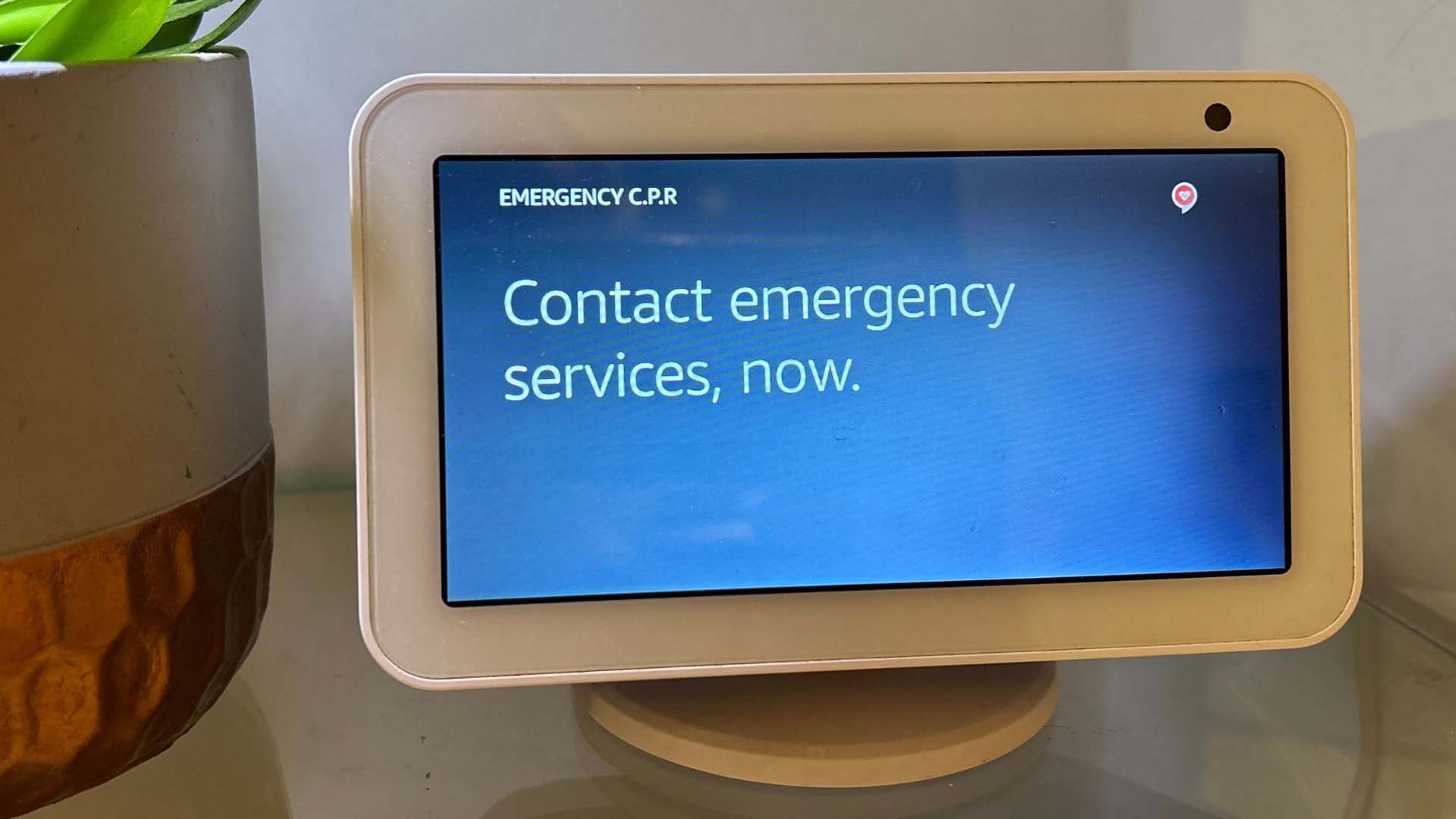
A range of cover options to suit your needs

3-year fixed price with no tie-ins – T&Cs apply

From UK stays to global getaways
- Electric car insurance
- Multi car insurance
- 3-year fixed price car insurance
- Car insurance extra coverage
- Car insurance FAQs
- Breakdown cover
- Over 50s car insurance
- Over 70s car insurance
- European cover insurance
- Over 60s car insurance
- Named driver insurance
- GAP insurance
- Increased Personal Accident Cover
- Business car insurance
- Motor legal protection
- Comprehensive car insurance
- Third party fire and theft
- Courtesy car cover
- Car key insurance
- Replacement car extension
- European breakdown cover explained
- Is your car insured?
- 3-year fixed price home insurance
- Buildings insurance
- Contents insurance
- Buildings and contents insurance
- Renters insurance
- Home insurance FAQs
- Additional home insurance cover options
- Accidental damage insurance
- Over 50s home insurance
- Over 60s home insurance
- High value home insurance
- Single trip travel insurance
- Annual travel insurance
- Pre-existing medical conditions
- Travel insurance FAQs
- Coronavirus information
- UK holidays travel insurance
- Travel insurance for over 65s
- Cruise travel insurance
- Travel insurance for over 70s
- Ski travel insurance
- Over 80s travel insurance
- Glossary of terms
- Leisure activities

Relaxing hotel-based holidays in the sun, with a Saga Host on hand.

Everything's taken care of on a Saga Group Tour, so you can see and do more.

Exciting destinations. Inspiring options. Discover your ideal travel experience.


Access to a range of accounts to suit your savings needs.

Including will writing, probate and lasting power of attorney.

Provided by award-winning mortgage broker Tembo.


Tips, insight and guidance into helping your money work as hard – and stretch as far – as possible.
- Your guide to Inheritance Tax
- Later life lending and mortgages
- Gifting family inheritance
- Should you let your adult kids live at home?
- What happens if I have a mortgage when I retire?
- Maximising your property's selling appeal and value
- Lifetime mortgages vs Retirement Interest Only mortgages
- Second mortgages

The UK's bestselling subscription magazine

Discover our daily puzzles

Make buying wine easy this festive season. Great value, expertly selected wines, by the bottle or the case, in association with Virgin Wines.





















